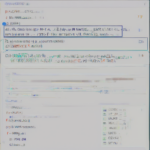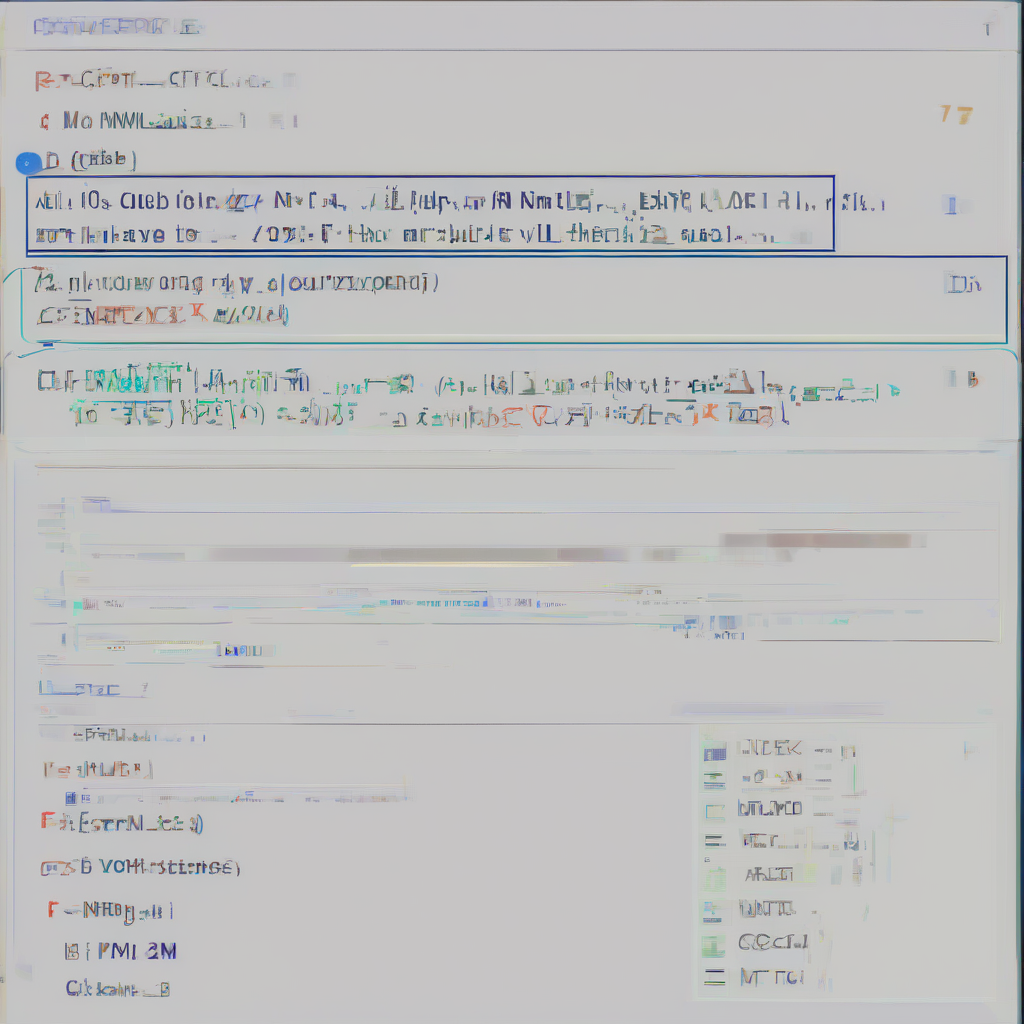IRS Form for Estate: A Comprehensive Guide
The death of a loved one is a difficult time, and dealing with their estate can add to the emotional burden. Navigating the complexities of estate taxes and IRS forms can be overwhelming, but understanding the process is crucial. This guide provides a comprehensive overview of the IRS forms relevant to estates and the information needed to complete them accurately.
What is an Estate?
An estate encompasses all assets and liabilities owned by a deceased individual at the time of their death. These assets can include:
- Real estate
- Financial accounts (bank accounts, stocks, bonds)
- Personal property (vehicles, jewelry, furniture)
- Life insurance policies
- Retirement accounts (IRAs, 401(k)s)
Liabilities include debts such as mortgages, credit card balances, and medical bills.
Key IRS Forms for Estates
Form 706, United States Estate (and Generation-Skipping Transfer) Tax Return
- Purpose: To report the value of the deceased’s estate and calculate any estate taxes due.
- Who needs to file: Estates exceeding the federal estate tax exemption limit.
- Filing deadline: Nine months after the date of death.
- Key information required:
- The decedent’s name, Social Security number, date of death, and residence.
- A detailed list of all assets and liabilities, including their fair market value.
- Information about beneficiaries and their relationship to the decedent.
- Details of any gifts made during the decedent’s lifetime.
Form 1041, U.S. Income Tax Return for Estates and Trusts
- Purpose: To report income and expenses generated by the estate during the tax year.
- Who needs to file: All estates, regardless of size, if they generate income.
- Filing deadline: Typically April 15th of the following year.
- Key information required:
- The estate’s name and taxpayer identification number (TIN).
- Income generated from assets, such as interest, dividends, and rental income.
- Expenses incurred by the estate, such as administrative costs and legal fees.
Form 56, Notice Concerning Fiduciary Relationship
- Purpose: To notify the IRS of the appointment of an executor or administrator to manage the deceased’s estate.
- Who needs to file: The executor or administrator of the estate.
- Filing deadline: Within 30 days of being appointed.
- Key information required:
- The decedent’s name and Social Security number.
- The executor’s or administrator’s name, address, and Social Security number.
- The date of the decedent’s death.
- The name and address of the court where the estate is being administered.
Form 1099-INT, Interest Income
- Purpose: To report interest income earned by the estate from financial institutions.
- Who needs to file: Financial institutions paying interest income to the estate.
- Filing deadline: January 31st of the following year.
- Key information required:
- The estate’s name and taxpayer identification number.
- The amount of interest income paid.
Form 1099-DIV, Dividends and Distributions
- Purpose: To report dividend income earned by the estate from corporations.
- Who needs to file: Corporations paying dividends to the estate.
- Filing deadline: January 31st of the following year.
- Key information required:
- The estate’s name and taxpayer identification number.
- The amount of dividends paid.
Form 1099-B, Proceeds From Broker and Barter Exchange Transactions
- Purpose: To report sales proceeds from stocks, bonds, and other securities owned by the estate.
- Who needs to file: Brokers or other financial institutions involved in the transactions.
- Filing deadline: January 31st of the following year.
- Key information required:
- The estate’s name and taxpayer identification number.
- Details of the securities sold, including the date of sale and proceeds received.
Understanding Estate Tax
The federal estate tax is levied on the fair market value of the deceased’s assets, exceeding the applicable exemption amount. Currently, the exemption is a substantial amount, meaning most estates do not owe estate taxes.
Estate Tax Exemption
- 2023 Exemption: $12,920,000.
- Tax Rate: 40% on amounts exceeding the exemption.
- Note: The exemption amount and tax rates are subject to change by Congress.
Avoiding Estate Taxes
There are strategies to minimize or eliminate estate tax liability:
- Gifting: Making gifts to beneficiaries during your lifetime can reduce the size of your taxable estate.
- Trusts: Establishing trusts can allow for assets to be transferred to beneficiaries while avoiding estate tax.
- Charitable Giving: Donations to qualified charities can reduce the taxable estate and potentially provide tax benefits.
Important Considerations
Executor’s Responsibilities
- Gathering assets: Identifying and collecting all assets and liabilities of the deceased.
- Paying debts and expenses: Settling outstanding debts and funeral expenses.
- Distributing assets: Dividing assets among beneficiaries according to the will or intestacy laws.
- Filing necessary tax returns: Completing Form 706 and other relevant IRS forms.
Professional Assistance
- Estate planning attorney: Provides guidance on estate planning strategies, will drafting, and trust creation.
- Tax advisor: Helps with tax planning and compliance, including filing estate tax returns.
- Financial advisor: Offers assistance with investment management and estate asset allocation.
Conclusion
Understanding the IRS forms and procedures related to estates is crucial for executors, beneficiaries, and anyone involved in the estate settlement process. By carefully reviewing the information presented in this guide, you can navigate the complexities of estate tax and ensure compliance with IRS regulations.
Remember, seeking professional assistance from qualified estate planning professionals can significantly simplify the process and minimize tax liability.








